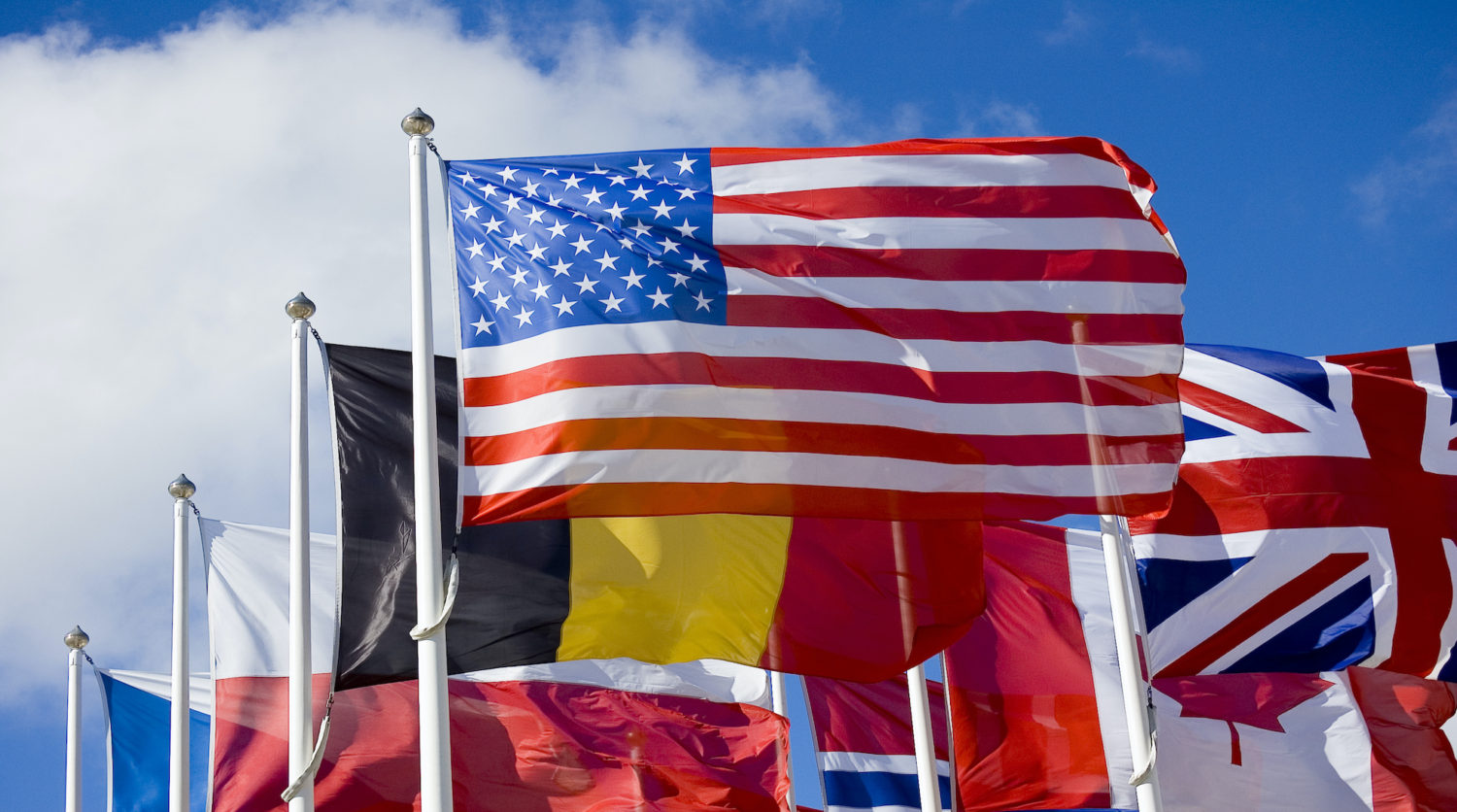Re-emerging Britain
Labour seems well poised to foster a powerful Britain on the world stage, writes Patrick Triglavcanin.
In foreign policy circles, it is now accepted that post-Brexit Britain is no longer a great power, prompting a re-evaluation of the country’s now outdated foreign policy agenda. Such a rethink is necessary and timely for the Labour party, where foreign policy reached a strategic deadlock under Jeremy Corbyn. Corbyn’s ‘anti-imperialist’ mandate saw the party tip-toe around key foreign policy issues, including his hesitancy to identify Russia as the perpetrator of the 2018 Salisbury attack, and vacuous statements that attempted to ‘ethically’ address international developments. It is time for Labour to change course and build a stronger Britain on the world stage, and so far, the signs are positive.
Keir Starmer MP had already signalled some strong foreign policy objectives in his speech at the Fabian Society’s New Year Conference this January. Starmer hopes for an outward-looking Britain, that is a protector of human rights, a champion of international development, a world trader and a leader in the fight against the climate crisis – and this is all achievable through the party’s foreign policy initiatives. The most important of these to the Labour Party is Britain’s relationship with the United States.
UK-US relations are a sensible place for the party to start, because of the historical ties that bind Britain and the US together. Both powers hold democratic values, and share global problems. And with the election of Joe Biden as president, US foreign policy will likely become less isolationist, replaced by a more internationalist approach and increased cooperation with like-minded democratic allies, such as Britain.
It is dubious, however, that the Biden administration will want to engage with the Conservatives. Johnson’s flagrant disregard for Irish lives during the Brexit campaign unsettled Biden, who has a strong Irish heritage and affinity to the Irish peace process. This provides a perfect opportunity for Starmer and the Labour party to show Biden, a pragmatist, that they will provide sensible and stable leadership at home and abroad, and that they are not a part of the populist wave that Johnson rode to power. Labour will appear as a stabilising force compared to a bungling Tory government and gain more clout within Britain and the US as a result.
The Labour party also has a lot to gain electorally from remaining close to the European Union and being transparent about this as its goal, as opaqueness around the relationship in the past has led to lost votes. This is something Starmer certainly signalled during his conference speech. Brexit is over, yet the primacy of geography remains, and Labour would be foolish to neglect the neighbouring powerhouse over issues such as trade, climate change, and security, with the latter being increasingly important as rifts in NATO regarding Turkey and financing grow wider. The Tories clearly hope to distance Britain from the EU, but this allows Labour to position itself as a vanguard in fostering strong post-Brexit UK-EU relations. To do so, Labour needs to demonstrate the benefits of cooperation, albeit now as an independent actor pursuing British ideals, national interests, and strategic imperatives. Britain’s voice will be heard louder across the Atlantic in concert with that of the EU’s.
Labour has already signalled an intention to engage with like-minded powers across borders in the defence of global institutions and norms, an idea that has crystallised since the appointment of Lisa Nandy MP as shadow foreign secretary. This is another sensible idea, and will see Labour engaging in the defence and promotion of international institutions, such as the United Nations and World Health Organization, and advocating for reform within them where necessary.
It will also require Labour to respond to certain international issues swiftly and appropriately. This is already evidenced in Labour’s response to the Chinese repression of Uyghur Muslims in Xinjiang and dissidents in Hong Kong. Labour’s calls for sanctions against the Chinese Communist Party went much further in condemnation than the Tories did. Labour must be careful, however, not to create enemies and let narrow aspects, such as whether a state is a democracy or not, hinder constructive engagement. This fact is most poignant in reference to China, whose socialist market economy and one-party system are viewed at odds with Western democracy.
Moving forward, Labour must adopt an approach to China that seeks engagement on pressing issues, such as climate change, without trying to alter the Chinese system. Such an approach leaves clashes over ‘values’ less likely and increases the probability for mutual gain. This approach has worked successfully in the EU through their signing of the Comprehensive Agreement on Investment with China at the end of 2020, which saw China commit to providing a greater level of market access for EU business’, ensuring EU companies are fairly treated within China, and ambitious principles on sustainable development, the latter including a lever to eradicate forced labour. The deal also demonstrates how smooth and beneficial negotiations with China can be, with EU officials even claiming that Beijing offered more than expected. This is not to say, however, that Labour cannot speak out in defence of human rights, the rule of law, and democracy wherever they are threatened across the globe, and seek to put themselves in a fluid position to do so, but instead, that they approach China free from the ideological straitjacket of ‘the West versus the Rest’ and assess geopolitical realities pragmatically whilst still defending the values that underpin British society.
Navigating the international arena for a post-Brexit Britain will not be easy, but so far Labour’s pragmatic and internationalist foreign policy agenda seems well poised to foster the re-emergence of a powerful Britain on the world stage.
Image credit: CarolineCCB/Flickr

